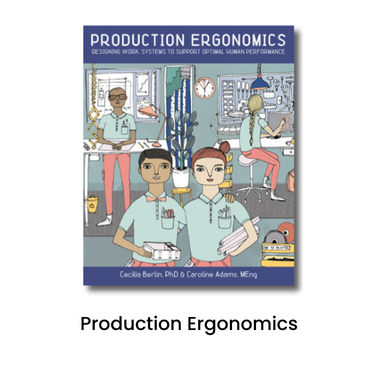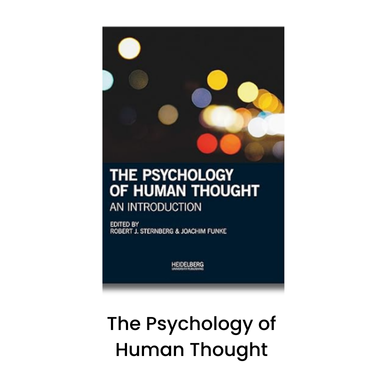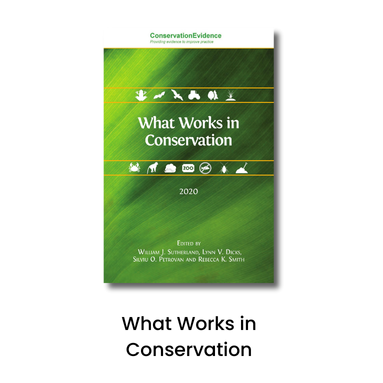Written by Maryam and reviewed by our team. Maryam is a Kortext student ambassador at the University of East London.
Writing a dissertation is one of the biggest academic challenges students face. It’s a long, and sometimes overwhelming, process but with the right approach, it can also be a rewarding experience.
These top tips will help you stay organised, manage your workload, and produce a strong dissertation.
Start early and plan ahead
One of the biggest mistakes students make is underestimating how long the dissertation process takes. Research, writing, and editing all take time, and leaving everything until the last minute will only lead to stress.
Set a clear timeline with deadlines for different stages, such as research, drafting chapters, and final editing. Breaking it down into manageable chunks will make it feel less overwhelming.
Choose a topic you are interested in
Your dissertation is a long-term project, so choosing a topic that genuinely interests you will make the process much easier. A topic you are passionate about will keep you motivated, especially during the more challenging moments.
Make sure your research question is specific, manageable, and relevant to your field of study. If you’re unsure, discuss your ideas with your lecturers to refine your focus.
Conduct thorough research and keep organised notes
Good research is the foundation of a strong dissertation. Use a mix of primary and secondary sources (as appropriate to your subject) and take detailed notes as you go.
It’s easy to forget where you found a key piece of information, so keeping track of sources from the start will save you time later.
The Kortext citation tool allows you to highlight content for in-text citations and automatically generates references in a variety of popular referencing styles for your bibliography.
Write regularly, even if it’s not perfect
Waiting for inspiration to strike can lead to procrastination. Instead of aiming for perfection in your first draft, focus on getting your ideas down on paper.
Writing a little each day, even if it’s just rough notes or bullet points, will keep you in the habit and prevent last-minute stress. You can always refine your work during the editing process.
Stay in touch with your advisor
Your dissertation advisor is there to guide you, so make use of their expertise. Schedule regular meetings to discuss your progress, ask questions, and get feedback. Don’t wait until the last minute to seek help, checking in early can prevent bigger issues later.
Come prepared with specific questions or sections of your work you’d like advice on. Make the most of your meetings!
Take breaks and look after yourself
Dissertation writing can be intense, but working non-stop is counterproductive. Taking breaks, exercising, and maintaining a healthy routine will improve focus and prevent burnout.
Try using the Pomodoro Technique, working for 25–50 minutes, then taking a 5–10 minute break. This helps you to stay productive without feeling overwhelmed.
Edit and proofread thoroughly
Once your dissertation is written, take the time to review and refine it. Editing is just as important as writing, so don’t rush this stage.
Look for clarity, coherence, and consistency in your arguments. Proofread carefully for spelling, grammar, and formatting errors.
Using the Kortext read aloud function, or tools like Grammarly or Microsoft Word’s spell check, can help catch mistakes. If possible, ask a friend or family member to read through your dissertation for a fresh perspective.
Follow formatting and referencing guidelines
Every university has specific formatting and referencing requirements, so make sure you follow them precisely. Check guidelines for font size, margins, citation style (e.g. Harvard, APA or MLA), and word count.
Incorrect formatting can lead to unnecessary marks being deducted. Keep track of references as you write rather than scrambling to format them at the last minute.
Print and submit with time to spare
If you need to print and bind your dissertation, don’t leave it until the deadline day. Printing services can be busy, and technical issues can arise, so aim to submit at least a day early to avoid unnecessary stress.
Double-check submission requirements, whether it’s an online upload, physical copy, or both. Don’t miss any important details.
You can do this!
Writing a dissertation is a marathon, not a sprint. Planning, staying organised, and pacing yourself will make the process much smoother.
Remember, perfection isn’t expected on the first draft, and seeking help is a sign of strength, not weakness.
Take it one step at a time, and before you know it, you’ll have completed one of the most significant academic achievements of your university journey.




















